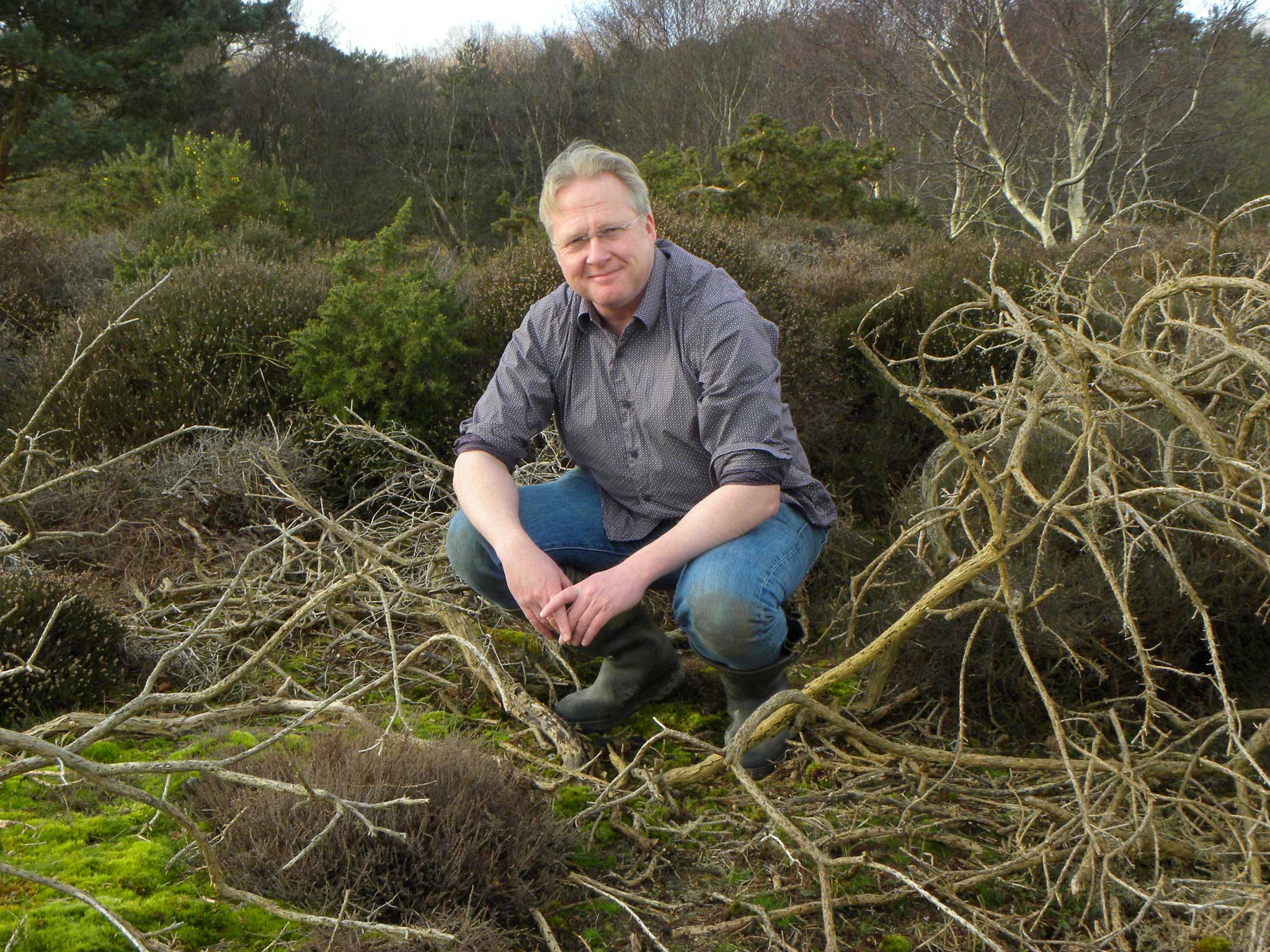Science books round-up: From pop science to matters of life and death

Your support helps us to tell the story
This election is still a dead heat, according to most polls. In a fight with such wafer-thin margins, we need reporters on the ground talking to the people Trump and Harris are courting. Your support allows us to keep sending journalists to the story.
The Independent is trusted by 27 million Americans from across the entire political spectrum every month. Unlike many other quality news outlets, we choose not to lock you out of our reporting and analysis with paywalls. But quality journalism must still be paid for.
Help us keep bring these critical stories to light. Your support makes all the difference.
Popular science is as much superior entertainment as it is didactic but there is one aspect of science that impinges seriously on all our lives and life-choices: statistics. Gerd Gigerenzer, in Risk Savvy (Allen Lane, £14.99) is on a mission to shore up our defences against the statistical bemusements of risk and uncertainty.
The problem is that everyone knows what a percentage is but there are percentages and percentages. When, in 1995, the UK Committee on Safety of Medicines announced that, compared to the second generation, taking the third-generation contraceptive pill doubled the risk of thrombosis, a media storm and extra pregnancies and abortions were the result. In fact, the risk had risen from about 1 out of 7,000 to 2 out of 7,000. Gigerenzer's message is that such natural frequencies can take the sting out of statistics.
Also far more than armchair science-watching is Keith Barnham's The Burning Answer (Weidenfeld & Nicolson, £22.50). Barnham is a distinguished researcher on silicon solar cells and he is evangelical about this and other forms of renewable solar energy. Like Gigerenzer, he disposes of the biased statistics of interested parties – in this case, the fossil-fuels and nuclear lobbies – showing how even northern countries can apply a range of renewable technologies to produce their energy. He makes a compelling case for the win: win but little-known technologies of creating liquid solar fuels from carbon dioxide. The secret of all living things is that their whole substance is created from carbon dioxide. We are rapidly learning nature's tricks and will, before too long, be able to turn this problematical part of the atmosphere into the solution.
David Waltham's Lucky Planet (Icon, £14.99) is one for the armchair speculators, and gloriously so. He engagingly tackles the biggest question: what is it about the Earth that has made it friendly to life for so long: four billion years of good weather, as he puts it. There are only three contenders, which Waltham pithily personifies as: God, Gaia or Goldilocks. As a scientist, there is nothing Waltham can say about the first, so he says nothing. He is both respectful and critical towards Gaia, the idea that since it began, life has exerted feedback control to keep the earth habitable. But in the end, he is a Goldilocks man: the sun and the moon are the right size and distance to confer long-term relative stability on the earth's sail through space – without them being just so, we wouldn't be here to pose our questions. His arguments are compelling and the book is a delight to read.
Richard Kerridge's Cold Blood, Adventures with Reptiles and Amphibians (Chatto & Windus, £16.99) is a rhapsodic nature book which focuses on damp creatures, but also celebrates nature as it was seen initially through a Sixties childhood, and reminds us how pinched our experience of nature already is, only 50 years later. Kerridge celebrates a small, homely world of humdrum creatures that share our world if we know where to look for them. He brilliantly defuses the tangle we get into over anthropomorphism with the message: "We need to see the dolphin's expression as a smile and to know that it is not."
You don't have to know or care much about amphibians to enjoy this book, although it might well kindle such an interest – for amphibians read: whatever was your childhood passion. Kerridge writes of how, in both trouble and joy in his life, he has always sought to commune again with this world of elusive creatures inhabiting overlooked places: a secret kingdom. Happy is the person who has such a touchstone.
Join our commenting forum
Join thought-provoking conversations, follow other Independent readers and see their replies
Comments